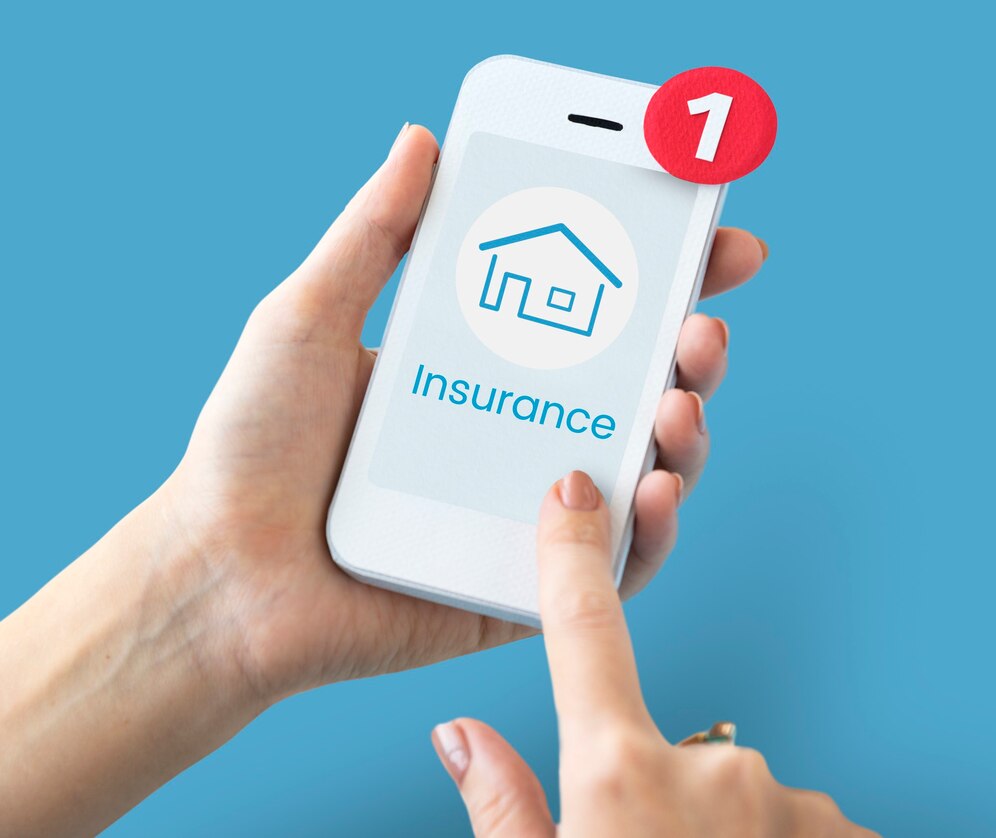How to Create a Mobile App for the Real Estate Industry
In today's digital age, the real estate industry is undergoing a significant transformation, thanks to the advent of mobile technology. As more consumers turn to smartphones to research properties, communicate with agents, and make transactions, the demand for mobile apps in real estate has never been higher. For real estate companies looking to stay competitive and provide enhanced services to clients, creating a custom Mobile App is a great strategy. In this blog post, we will explore how to create a Mobile App for the real estate industry with a focus on working with mobile app developers to turn your idea into reality.
Understanding the Real Estate Market Needs

Before you begin working with mobile app developers , it’s essential to understand the specific needs and challenges of the real estate market. Real estate apps serve various purposes, from helping users find properties to allowing agents to connect with clients. The app should be designed to cater to both buyers and sellers, as well as real estate professionals. Features like property search filters, interactive maps, detailed listings, and integration with third-party services (e.g., mortgage calculators, home inspection services) should be considered early in the planning process.
Moreover, the app should support both iOS and Android platforms, ensuring that a broad audience can access it. A well-designed app enhances the user experience, ensuring that clients have easy access to important property data, virtual tours, and even direct communication with agents.
Selecting the Right Mobile App Developers

To create a successful real estate Mobile App, choosing the right mobile app developers is crucial. app development is a complex process that requires technical expertise, industry knowledge, and a good understanding of user behavior. Experienced mobile app developers can help you design an app that not only meets the functional requirements of your target audience but also incorporates the latest technologies like AR (Augmented Reality) for property tours or AI (Artificial Intelligence) for personalized property recommendations.
When looking for mobile app developers , it’s important to consider their experience in real estate app development. Developers who have worked on similar projects will be familiar with the unique challenges and technical aspects that come with building a real estate app. They will also be able to provide valuable insights into design elements that are most likely to engage your users.
Another important consideration when hiring mobile app developers is their ability to provide ongoing maintenance and updates for the app after it is launched. The real estate market evolves quickly, and your app must remain up-to-date with new technologies and market trends.
Key Features for a Real Estate Mobile App

For any Mobile App for the real estate industry, the user interface (UI) and user experience (UX) are paramount. A clean, intuitive, and easy-to-navigate app will keep users engaged and coming back. Key features that can make your real estate app stand out include:
1. Property Search and Filters – Buyers want to be able to search for properties based on various criteria such as price, location, number of bedrooms, and type of property. A good app will allow users to filter listings with ease.
2. Property Details and Virtual Tours – Detailed property listings, including high-quality images, video tours, and interactive floor plans, are vital for user engagement. Augmented Reality (AR) can be used to create virtual tours, providing users with a realistic experience of the property before scheduling an in-person visit.
3. Push Notifications – Push notifications can be used to alert users about new listings, price reductions, or other important updates related to properties they have shown interest in.
4. Agent Contact and Chat Integration – Real estate apps should include features that allow direct communication between users and agents. Integrating live chat or even AI-powered chatbots can help answer questions in real-time.
5. Mortgage Calculators and Financing Options – Integrating tools such as mortgage calculators allows users to evaluate the affordability of properties. Providing financing options or integrating with lenders will also help users make informed decisions.
6. GPS and Location-based Features – Real estate apps benefit greatly from GPS capabilities. Location-based services can help users find properties in their desired area and even calculate distances to important landmarks such as schools, hospitals, or public transport.
7. User Reviews and Ratings – Allowing users to leave reviews and ratings for properties and agents provides social proof and helps build trust within the platform.
Designing the App with User Experience in Mind

One of the most important aspects of any successful Mobile App, especially in real estate, is user experience. A clean and modern design can make a huge difference in how users perceive and interact with your app. Mobile app developers must ensure that the interface is simple yet functional, allowing users to navigate the app easily.
For real estate apps, the design should focus on showcasing properties in an aesthetically pleasing way. High-resolution images and a well-structured layout for property listings are essential. The app should also load quickly, as slow loading times can result in frustration and cause users to abandon the app.
Another important aspect of UX design is ensuring that the app is responsive on both smartphones and tablets. As users access apps from various devices, your Mobile App should adapt to different screen sizes while maintaining the quality of the user experience.
Testing and Launching Your App

Once your Mobile App has been developed, it’s time to move on to testing. The testing phase involves ensuring that all features work correctly and that the app is bug-free. It’s important to test your app on different devices and operating systems to make sure it runs smoothly.
User feedback is invaluable during the testing phase. By gathering input from real estate agents and potential users, you can identify areas that need improvement before the official launch. A successful app launch requires a well-thought-out marketing strategy. Promoting your app through social media, real estate websites, and partnerships with industry influencers can help generate buzz and attract users.
Post-Launch Maintenance and Updates

The work doesn’t end once the app is launched. Post-launch maintenance is essential to keep your app functional and relevant. Regular updates and bug fixes are necessary to ensure that the app continues to meet the needs of users. Additionally, incorporating user feedback into future updates can help enhance the app’s features and improve the user experience over time.
In the fast-paced real estate industry, staying competitive means constantly adapting to changing market trends and technological advancements. With the help of experienced mobile app developers , your real estate Mobile App can evolve alongside the industry, offering users the best possible experience.
In conclusion, creating a Mobile App for the real estate industry requires careful planning, the right developers, and an understanding of your users' needs. By incorporating key features, focusing on user experience, and maintaining a regular update schedule, your app can thrive in a competitive market and serve as a valuable tool for both buyers and real estate professionals.






